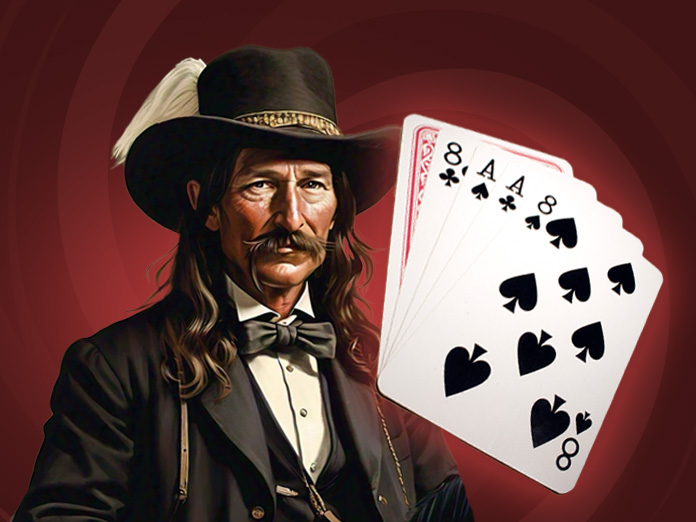To be successful at online poker at all times, you need to be able to manage your mental resources well. Digital platforms have their own set of challenges that might be too much for your brain to handle, unlike live games. If you know how to handle these demands, you’ll be able to make better choices and stay at your best during your poker sessions.
What Is Cognitive Load in Poker?
Cognitive load is the amount of mental work your brain has to do to understand things. This entails keeping track of multiple tables, figuring out the odds, reading your opponents, maintaining your money, and making strategic judgments, all while dealing with a continual influx of information.
When your brain is too full, it becomes harder to make good decisions. You can overlook critical wagering trends, make mistakes when you add things up, or go into autopilot mode and stop playing your best.
Common Sources of Mental Overload
- Complexity of multiple tables
One of the hardest things about online poker is playing more than one table at the same time. Every new table you add makes the information you need to process even more. A lot of gamers go into multi-tabling too soon, making things too hard for themselves before they learn how to play single-table games well. - Too much information
HUDs, notes, and statistics in modern poker apps provide you with a lot of information. This knowledge is useful, but attempting to take it all in at once might make it hard to make decisions. The most important thing is to recognize which data is most important in each case. - Time pressure
Online poker is quicker than live poker, which means there is always a time limit. The shot clock causes you to make hasty judgments, which may lead to hurried thinking and bad moves when you’re already mentally tired.
Practical Strategies for Managing Cognitive Load
- Start simple and build gradually
Start by playing at only one table until you feel comfortable with everything about the game. Add more tables only when the ones you presently have are easy to use. By following these easy steps, you may have a smart understanding of poker hand sequences, how they work and how your opponents act. - Put information analysis first
First, pay attention to important details like stack sizes and positions. After that, watch your opponent closely. Is he playing any differently than he has in the past? This is how you should teach yourself to swiftly find and use helpful details while ignoring irrelevant information. - Use systematic ways to make decisions
Make “if-then” lists in your head that you can use in various situations, including figuring out how strong your hand is or figuring out how your opponent usually acts. This systematic way of making decisions cuts down on the amount of thought needed for each choice and helps you recall crucial things better.
Conclusion
The ability to regulate cognitive load well is what sets casual gamers apart from serious competitors. You can keep your mind sharp throughout poker sessions by knowing your limitations, using careful methods, and taking care of your mental health. Keep in mind that making good judgments will always lead to greater long-term success on PokerCircle than playing a lot of hands.

